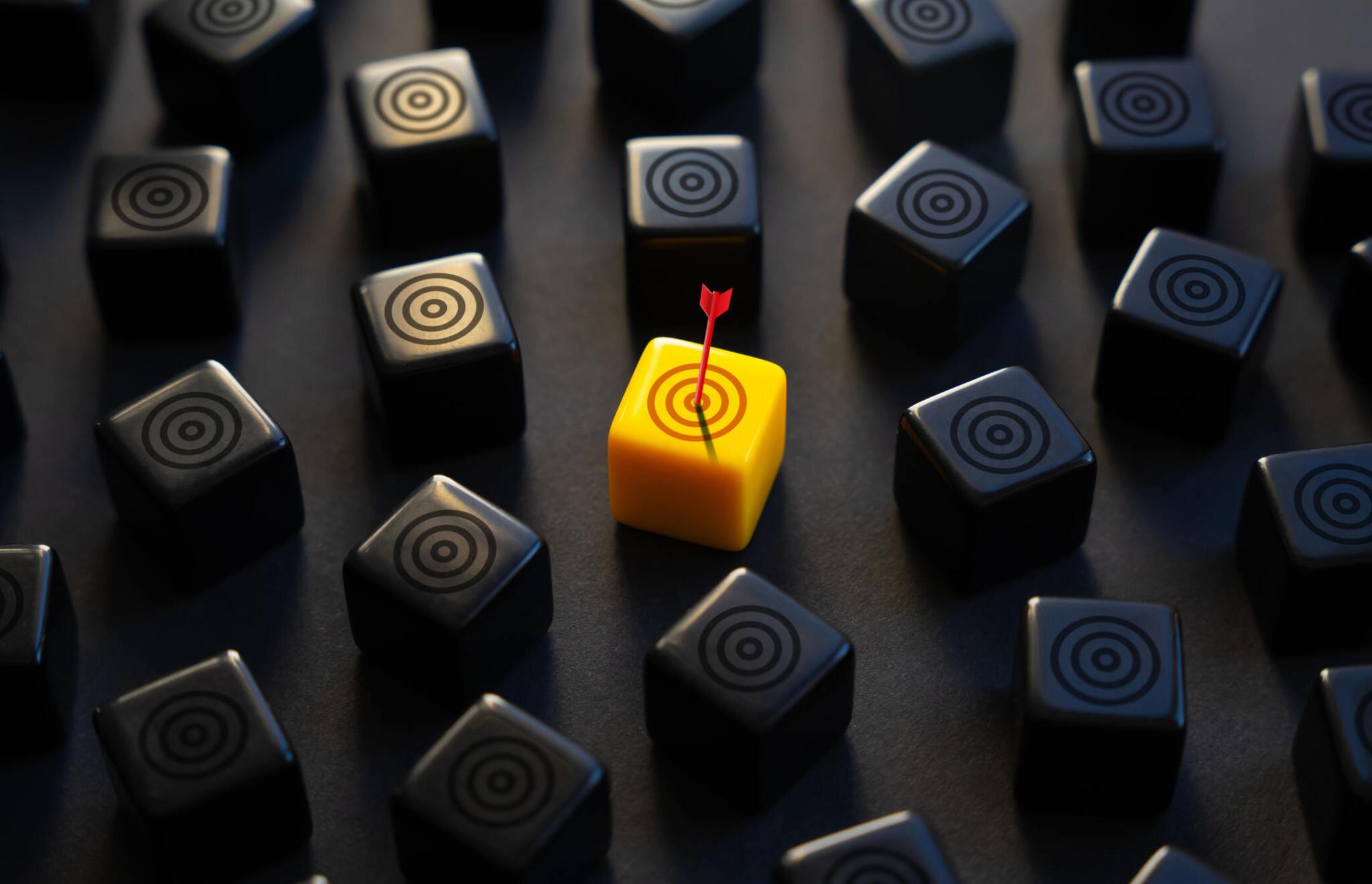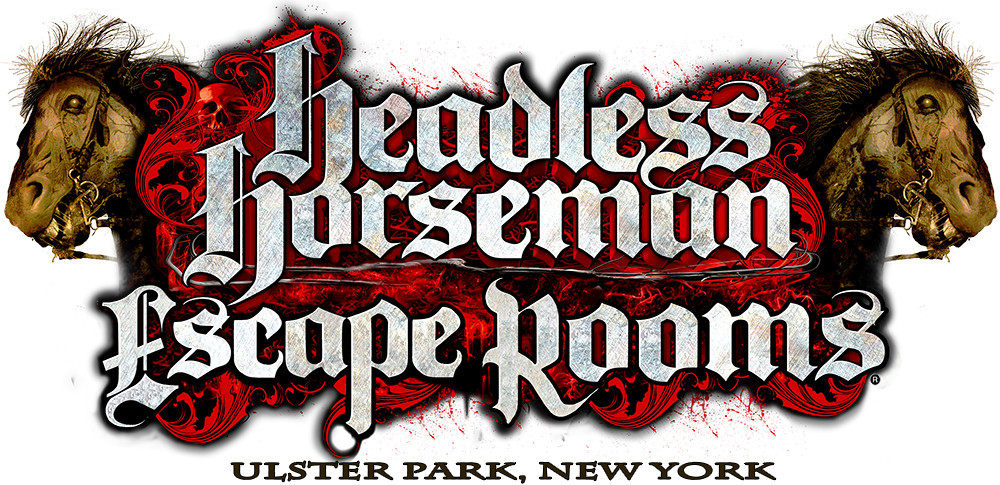This blog post will delve into eight powerful strategies that will transform your problem-solving abilities, propelling you from an average player to an Einstein-level mastermind in escape rooms.

Strategy 1: Develop a Game Plan
Before diving headfirst into an escape room, it is essential to devise a game plan. Take a few moments to analyze the room and identify potential areas of focus. Divide tasks among team members, ensuring everyone has a designated role. Assigning specific responsibilities, such as note-taking, puzzle-solving, or clue tracking, helps streamline the overall process. Furthermore, allocate time efficiently to maximize productivity and maintain a steady pace throughout the game.
Get Smarter with These Practices
Creating a well-thought-out game plan is crucial for success in escape rooms. Here are some practices to make your game plan smarter and more effective:
- Analyze the Escape Room Layout: Study the room layout, paying attention to potential hiding spots, locked compartments, or hidden passages.
- Identify Key Puzzle Elements: Determine the main puzzles or challenges in the escape room and understand their requirements or dependencies.
- Divide and Conquer: Assign specific tasks to each team member based on their strengths and interests to tackle puzzles simultaneously.
- Allocate Time Wisely: Set time limits for each puzzle or stage to ensure you make progress consistently and efficiently.
- Communicate Objectives Clearly: Clearly articulate the objectives and goals for each puzzle to avoid confusion among team members.
- Utilize Physical Resources: Make use of any physical props or objects provided in the escape room to aid in solving puzzles.
- Coordinate Clue Tracking: Assign a team member to keep track of clues and puzzle pieces, ensuring nothing is overlooked.
- Document Observations: Take detailed notes of any observations, symbols, patterns, or numbers that may be important later in the game.
- Share Information Openly: Foster a culture of open communication, where team members freely share information and ideas.

Strategy 2: Master Effective Communication
Effective communication lies at the heart of success in escape rooms. Clear and concise communication ensures that team members are on the same page and can effectively share information and ideas. Actively listen to your teammates and encourage open dialogue. Avoid assumptions and clarify doubts promptly. By fostering strong communication, you can enhance teamwork and improve problem-solving efficiency.
Get Smarter with These Practices
Effective communication is vital for collaboration and problem-solving in escape rooms. Here are some practices to enhance your communication skills and make them smarter in the escape room setting:
- Active Listening: Pay full attention to what others are saying, maintaining eye contact and avoiding distractions, to ensure a thorough understanding of the information shared.
- Clear and Concise Language: Use precise and straightforward language when communicating ideas, avoiding ambiguity or confusion.
- Use Gestures and Pointing: Non-verbal communication, such as pointing or gesturing, can be helpful in directing attention to specific areas or objects.
- Repeat and Clarify: Repeat instructions or important information to confirm understanding and ask for clarification if something is unclear.
- Share Ideas Openly: Encourage everyone in the team to contribute their thoughts and ideas without fear of judgment, creating an inclusive and collaborative environment.
- Establish Code Words or Signals: Develop a set of predetermined code words or signals to convey specific messages efficiently during gameplay.
- Provide Constructive Feedback: Offer constructive feedback to team members when discussing solutions or approaches, promoting continuous improvement.
- Assign Communication Roles: Designate a team member as the primary communicator or point of contact to streamline information flow.
- Maintain a Calm Tone: Use a calm and composed tone of voice even during moments of excitement or time pressure to ensure effective communication.
Strategy 3: Pay Attention to Details
In escape rooms, every detail matters. From minute symbols on the wall to hidden compartments, paying attention to even the smallest clues can lead to significant breakthroughs. Train yourself to observe your surroundings meticulously, searching for any signs that may provide valuable information. Document important findings and organize them systematically, making it easier to connect the dots and solve complex puzzles.
Get Smarter with These Practices
Paying attention to details is crucial in escape rooms, where even the smallest clue can lead to significant breakthroughs. Here are some practices to enhance your attention to detail and make them smarter in the escape room setting:
- Observe Carefully: Take the time to carefully observe your surroundings, noting any unique or unusual features in the room.
- Scan for Hidden Compartments: Thoroughly inspect furniture, walls, and objects for hidden compartments that may contain clues or keys.
- Look for Patterns: Search for patterns, whether they are numerical, visual, or symbolic, as they can provide valuable hints for solving puzzles.
- Check for Discrepancies: Pay attention to inconsistencies or anomalies within the room that may indicate hidden clues or hidden compartments.
- Read Instructions Thoroughly: When encountering written instructions or clues, read them carefully, noting any specific details or keywords.
- Examine Objects Closely: Inspect objects closely, turning them over or examining them from different angles to reveal hidden information or clues.
- Note the Condition of Objects: Pay attention to the condition of objects in the room, as wear and tear or deliberate alterations may hold significance.
- Take Photographs: If allowed, take photographs of the room or objects to review later and compare details more easily.
- Analyze the Room Layout: Study the overall layout of the room, noting any spatial relationships or potential connections between objects or areas.

Strategy 4: Think Outside the Box
An escape room in Ulster, NY, often requires participants to think beyond traditional problem-solving approaches. Embrace your creativity and challenge yourself to explore unconventional solutions. Engage in brainstorming sessions, where no idea is too outrageous. Lateral thinking, considering multiple perspectives, and connecting seemingly unrelated concepts can lead to innovative breakthroughs. Remember, the key to success lies in your ability to think outside the box.
Get Smarter with These Practices
Thinking outside the box is essential in escape rooms, where unconventional approaches can lead to innovative solutions. Here are some practices to enhance your ability to think outside the box and make them smarter in the escape room setting:
- Embrace Creativity: Cultivate a mindset that embraces creativity and encourages thinking beyond traditional problem-solving methods.
- Brainstorm Freely: Engage in brainstorming sessions where no idea is too outrageous, allowing for the exploration of unconventional solutions.
- Challenge Assumptions: Question your assumptions and preconceived notions about how things should be done, opening up new possibilities.
- Connect Unrelated Concepts: Seek connections between seemingly unrelated concepts or objects, as they may hold the key to solving puzzles.
- Reverse Thinking: Flip your perspective by considering the problem from the opposite angle or imagining the reverse of the expected outcome.
- Use Analogies: Draw analogies or parallels between the escape room scenario and real-life situations, extracting insights and creative approaches.
- Seek Inspiration from Multiple Sources: Draw inspiration from various sources, such as books, movies, art, or history, to stimulate unique ideas.
- Take Breaks and Reset: When faced with a challenging puzzle, take short breaks to clear your mind and allow for fresh insights upon returning.
- Encourage Wild Ideas: Encourage team members to share even the wildest ideas, as they can trigger new ways of thinking or spark unexpected connections.
Strategy 5: Utilize Teamwork and Collaboration
Escape rooms are designed to test not only individual problem-solving skills but also the ability to work as a team. Effective teamwork is crucial for success. Divide tasks based on each team member's strengths and allocate responsibilities accordingly. Share information openly and encourage collaboration. By combining your collective intelligence and leveraging each other's skills, you can solve puzzles faster and overcome challenges efficiently.
Get Smarter with These Practices
Effective teamwork and collaboration are paramount in escape rooms, where combining strengths and leveraging diverse perspectives can lead to success. Here are some practices to enhance your teamwork and collaboration skills, making them smarter in the escape room setting:
- Establish Clear Roles: Assign specific roles to team members based on their strengths and expertise, ensuring each person has a defined responsibility.
- Foster Open Communication: Create an environment where team members feel comfortable sharing ideas, feedback, and concerns openly.
- Active Participation: Encourage active participation from all team members, ensuring that everyone's voice is heard and valued.
- Respect Diverse Perspectives: Embrace diverse perspectives and respect differing opinions, as they can offer valuable insights and alternative approaches.
- Collaborative Problem-Solving: Approach puzzles and challenges as a team, engaging in collective problem-solving and leveraging each other's expertise.
- Practice Active Listening: Listen attentively to team members' ideas and opinions, demonstrating active listening skills to promote effective collaboration.
- Delegate Tasks Effectively: Delegate tasks based on individual strengths and distribute workload evenly to maximize efficiency and productivity.
- Encourage Idea Generation: Foster a culture that encourages the generation of multiple ideas, exploring different possibilities for solving puzzles.
- Provide Constructive Feedback: Offer constructive feedback to team members, highlighting their strengths and areas for improvement, to enhance collective performance.

Strategy 6: Manage Time Wisely
Time management is critical in escape rooms, as the clock relentlessly counts down. Prioritize tasks based on their importance and potential impact on the overall progress. Set specific goals for each stage of the game and ensure that you allocate sufficient time for complex puzzles. Avoid getting caught up in minor details that may consume valuable time. Staying focused and managing time wisely will significantly increase your chances of success.
Get Smarter with These Practices
Effective time management is crucial in escape rooms, where the clock is ticking. Here are some practices to enhance your time management skills and make them smarter in the escape room setting:
- Set Clear Time Goals: Establish specific time goals for each puzzle or stage, ensuring that you allocate sufficient time to complete them.
- Prioritize Tasks: Assess the difficulty and potential impact of each puzzle, prioritizing them based on their importance and relevance to the overall progress.
- Avoid Getting Stuck: If you encounter a particularly challenging puzzle, set a time limit for attempting it before seeking assistance or moving on to other tasks.
- Avoid Overthinking: Resist the urge to overanalyze or obsess over minor details that may not be critical to solving the puzzle at hand.
- Delegate Tasks: Divide tasks among team members, assigning responsibilities based on individual strengths and expertise to accomplish more in less time.
- Use Clues Wisely: If you receive clues or hints from the game master, utilize them strategically to save time and gain insights into challenging puzzles.
- Minimize Distractions: Maintain focus by minimizing distractions, such as unnecessary conversations or fixating on unrelated elements within the room.
- Stay on Schedule: Keep track of time and ensure that you're progressing according to your predetermined timeline, making necessary adjustments if needed.
- Maintain a Steady Pace: Avoid rushing through puzzles haphazardly, but also strive to maintain a steady pace to ensure continuous progress.
Strategy 7: Stay Calm and Focused
The intensity of an escape room in Ulster, NYescape room in Ulster, NYescape room in Ulster, NY, can lead to stress and panic, potentially hampering your problem-solving abilities. It is crucial to maintain a calm and focused mindset throughout the experience. Practice stress management techniques such as deep breathing, visualization, and positive self-talk. Remind yourself to stay present and focused on the task at hand. A composed and clear mind enables better decision-making and enhances problem-solving efficiency.
Get Smarter with These Practices
Maintaining a calm and focused mindset is crucial in escape rooms to make clear decisions and effectively solve puzzles. Here are some practices to enhance your ability to stay calm and focused, making them smarter in the escape room setting:
- Deep Breathing: Practice deep breathing techniques to help regulate your emotions and maintain a sense of calmness.
- Positive Self-Talk: Use positive affirmations and self-talk to stay motivated and focused, reinforcing a confident and composed mindset.
- Visualization: Visualize successful outcomes and the steps required to achieve them, enhancing focus and boosting confidence.
- Prioritize One Task at a Time: Focus on one puzzle or task at a time, avoiding distractions and overwhelming yourself with multiple challenges.
- Break Down Complex Puzzles: Break down complex puzzles into smaller, manageable parts, allowing you to tackle them step by step without feeling overwhelmed.
- Time-Outs: Take short breaks when feeling overwhelmed or frustrated, stepping away from the puzzle momentarily to clear your mind before returning with renewed focus.
- Practice Mindfulness: Cultivate mindfulness by staying present in the moment, fully engaging with the puzzles and your team members without getting lost in distractions or future outcomes.
- Avoid Panic: Remind yourself that panic and stress hinder clear thinking, and consciously choose to remain composed and focused under pressure.
- Manage Frustration: Recognize and manage feelings of frustration by maintaining a positive attitude and viewing challenges as opportunities for growth.

Strategy 8: Learn from Failure
Failure is an inevitable part of the escape room experience. Instead of becoming discouraged, embrace failure as a valuable learning opportunity. Analyze your mistakes and identify areas for improvement. Adapt your strategies and approach based on the lessons learned from previous attempts. Successful problem solvers understand failure is merely a stepping stone toward eventual success. Embrace the growth mindset and continuously learn from your experiences.
Get Smarter with These Practices
Embracing failure as a learning opportunity is crucial in escape rooms, allowing you to adapt and improve your problem-solving skills. Here are some practices to enhance your ability to learn from failure and make them smarter in the escape room setting:
- Analyze Mistakes: Take the time to analyze and understand the specific mistakes made during the escape room experience.
- Reflect on Decision-Making: Reflect on the decision-making process that led to unsuccessful attempts, identifying areas for improvement.
- Identify Patterns: Look for patterns or recurring themes in the puzzles or challenges where you faced difficulties or made errors.
- Seek Clarity: If unsure about a particular puzzle or clue, ask for clarification from the game master or your teammates.
- Adapt Strategies: Modify your strategies and approaches based on the lessons learned from previous failures.
- Experiment with New Approaches: Step outside your comfort zone and experiment with new approaches or methods when attempting puzzles.
- Collaborate on Learning: Engage in group discussions to share and learn from each other's failures, fostering a collective growth mindset.
- Celebrate Progress: Acknowledge and celebrate the progress made, even if the escape room was not completed successfully, focusing on the lessons learned along the way.
- Apply Lessons in Real Life: Transfer the problem-solving lessons learned from escape rooms to real-life situations, recognizing their broader applicability.
Unlock Your Problem-Solving Genius and Elevate Your Skills
Mastering problem-solving in escape rooms requires a combination of strategic thinking, effective communication, teamwork, adaptability, and the ability to learn from failure. Incorporating the eight strategies discussed in this blog post can elevate your problem-solving abilities to Einstein-level heights.
An escape room in Ulster, NY, offers more than just entertainment; they serve as valuable training grounds for real-life problem-solving scenarios. If you're ready to put these strategies into action and challenge yourself in an immersive escape room experience, we highly recommend the Headless Horseman Escape Room.
With our captivating storyline, challenging puzzles, and immersive atmosphere, we offer a thrilling adventure that will put your problem-solving abilities to the test. So, what are you waiting for? Gather your team, apply these strategies, and embark on an unforgettable escape room adventure at the Headless Horseman Escape Room!




